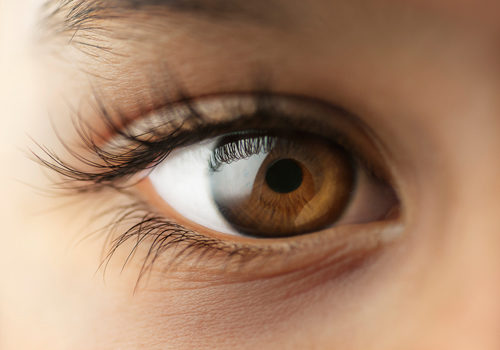The eyes are our window to the world, and the last thing we’d want to do is to see this key sense suffer due to factors within our control, like diet. While eating carrots may not provide us with 20-20 vision, there is certainly a link between good nutrition and eye health.
2. “Healthy Eating Habits May Delay Age-Related Macular Degeneration,” Nation Institute of Health, www.nei.nih.gov/nehep/newsletter/2008/1008.asp#4, accessed April 25, 2013.
3. G. Torrey, “Improved Nutrition May Reduce the Risk of Macular Degeneration,” American Macular Degeneration Foundation, www.macular.org/nutrition/index.html, accessed April 25, 2013.
4. S. Jegtvig, “Guide to Choosing Nutritional Supplements for Vision,” All About Vision, May 2012, www.allaboutvision.com/nutrition/supplements.htm, accessed April 25, 2013.
5. “NIH Study Provides Clarity On Supplements for Protection against Blinding Eye Disease,” press release distributed May 6, 2013.
6. G. Heiting, “Using Flaxseed Oil and Fish Oil To Relieve Dry Eye,” All About Vision, April 2011, www.allaboutvision.com/nutrition/flaxseed-oil.htm, accessed April 25, 2013.










